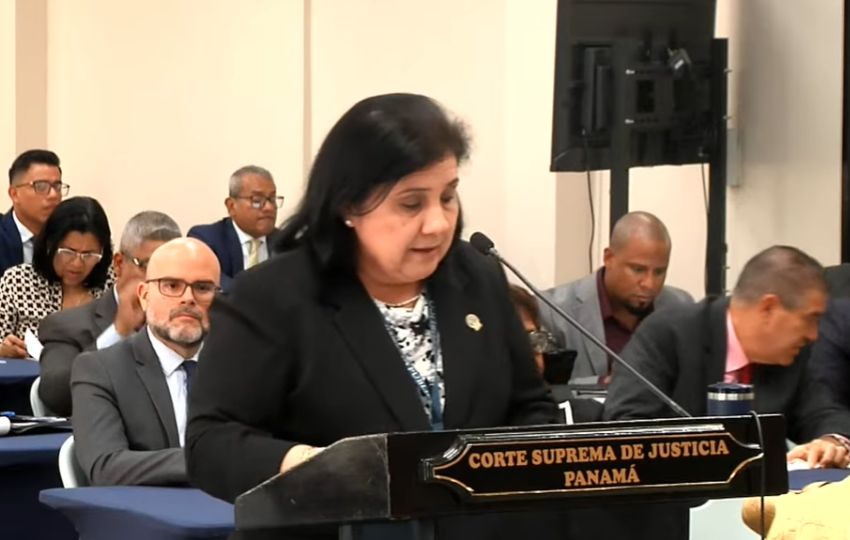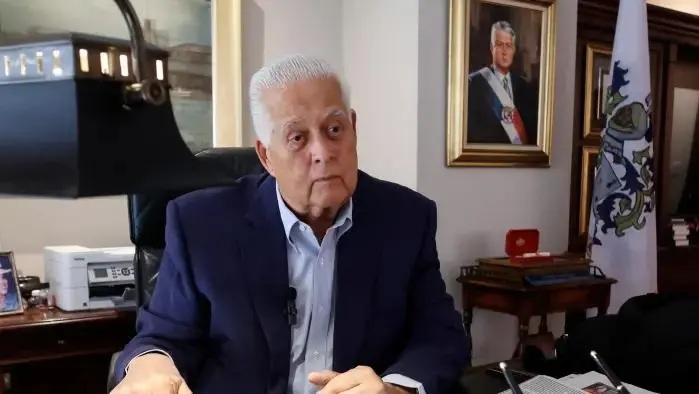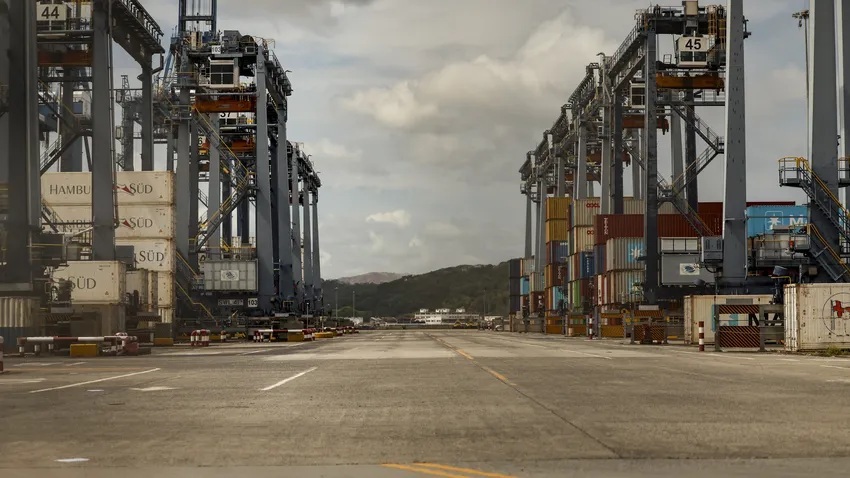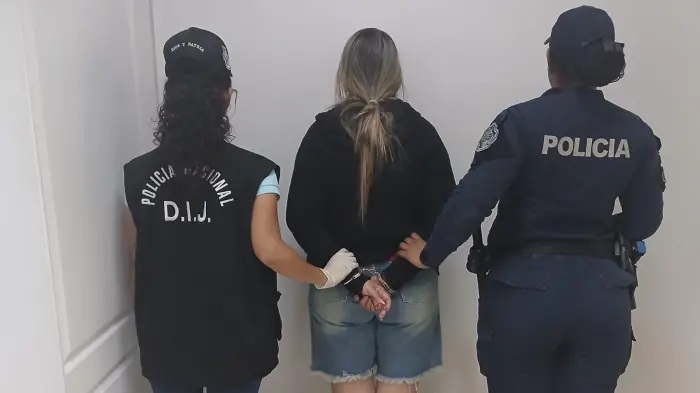Date set for Panama spying trial

THE TRIAL OF two former secretaries of Panama’s National Security Council (CSN) and their ex-subalterns accused of running a massive secret surveillance program during the Ricardo Martinelli administration, has been set for March 18-21 next year.
!6th Criminal Court Judge Enriquez Perez who presided over the preliminary hearing of Gustavo Perez and Alejandro Garuz and their ex-subalterns Ronny Rodriguez and William Pitti, accused of using State resources to violate the right to privacy of a multiple number of people,, issued his decision on Friday, August 28.
Perez said that linking the accused to the crime comes from the testimony of witnesses and evidence collected by the Special Prosecutor for Organized Crime, which exposed that illegal wiretaps were made from offices of the CSN.
He cited the evidence of a protected witness, who said that there was a spy team run by Ronny Rodriguez [Didier] and Pittí William [William] in a building of the Security Council, in Ancon.
He said that Rodriguez was in charge of providing a daily report of the interceptions for the Presidency of the Republic.
The operation of such a system is required the installation of broadband internet, so Julio Molto, who was executive secretary of the CSN asked the Panama Canal Authority to authorize Torres Trunk Corp, SA to install a contact point to provide the service.
The operation was completed by Garuz.
Iris Gonzalez, director of Information of the Security Council, revealed that Garuz gave orders for the high speed internet service (10 MB) for operation of the equipment.
The prosecution in an inspection of the CSN, recovered a computer with more than 600 email messages divided into subfolders for the years 2012, 2013 and 2014 with related documentation interceptions.
The sworn statement by Jaime Agrazal, who came to work in the intelligence agency in 2010 revealed the photographing of people and making a brief report to the “Teacher”, who passed his work to “Didier” and “William”. Many of the photos, “went out later to newspapers, and social networks, discrediting and denigrating the personality of the people surveilled”.
In his ruling, the judge mentioned recovered cell phones and storage equipment (USB) at the Garuz residence, in Dos Mares, Bethanie. The USB , contained audio and video files that were later recognized by the victims.
It also included part of the investigation rendered by Gustavo Perez, who admitted having signed the order for equipment from the NSO Group, but claimed to have been forced. He did not identify the person but said that “the document came from the Presidency.”
Tthe judge found that Perez “signed the document knowing irregularity” which, “is a big clue that links it with the facts.”
The ruling also cites the affidavit of an officer of the Department of Informatics of the Institute of Legal Medicine and Forensic Sciences, who said that an inspection of brad.pty507@gmail.com revealed instructions on how to infect texts, and found WhatsApp messages, and telephone calls, among others. The content of the emails alluded to “all kinds of private issues, including agendas of political campaigns, personal issues of candidates, campaign strategies, among others.”
Antonio Graell Jubilo, said that “Didier” and “William” came to the CSN in the administration of President Ricardo Martinelli, and they maintained an office away from the rest of the staff. Once they joined the entity they assumed management positions and prevented access by other staff to other areas of the facility.
In his ruling, on August 19, Perez ordered the precautionary measure of house arrest for Garuz and Pérez, However, the measure was appealed and the two men remain in El Renacer prison.
The judge’s decision to change the preventive measure of house arrest, has been questioned by civil society as he ignored the opinion of the Supreme Court which, in solving two habeas corpus on the arrest of Garuz and Perez, argued that “it is an absurd interpretation that seeks to confine the detention only in cases in which the minimum penalty is four years’ imprisonment, whether in a particular case the freedom of the defendant can lead to other serious crimes or the destruction of evidence (…) “.
Judge Pérez re-affirmed the arrest warrants against Pittí and Rodriguez, both fugitives.





